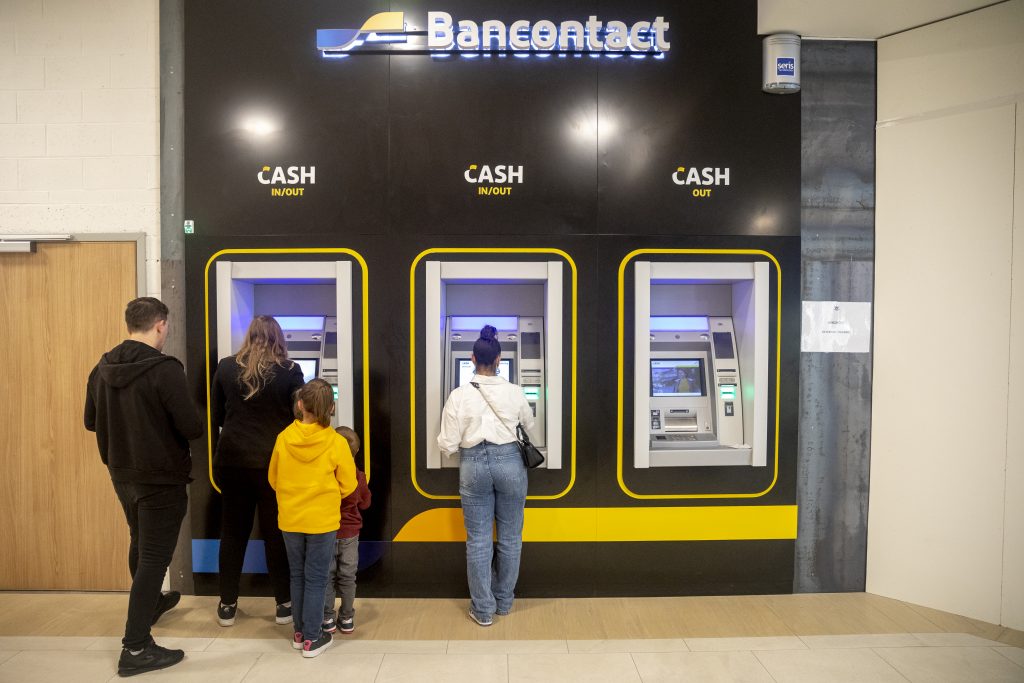No other country in Europe has so many complaints about the (lack of) ATMs than Belgium. In fact, even more frustrations are being raised according to the results of a large-scale survey on payment attitudes carried out by the European Central Bank.
While cards have overtaken cash as a means of payment, cash is still a popular means of payment but finding an ATM can be a challenge. 31% of those surveyed feel that cash payments are "important" and 33% "fairly important," the National Bank of Belgium announced in a press release.
Only in Austria, Germany, Cyprus and Ireland do people rely more on paying with cash. Even more revealing: the survey found that the average Belgian wallet contains around €97 in notes and coins at the start of the day.
The closure of many bank branches in recent years and the disappearance of cash machines are clearly a source of frustration. While the results showed that 46% of the EU population "has no problem" obtaining cash via ATMs or bank branches and 40% find it "fairly easy" to do so, respondents in Belgium find it much more difficult.
Cash most common payment method
27% of respondents indicated that they find it "difficult" to get their hands on cash – a 12% increase. An average of 9% of respondents in the Eurozone have the same problem.
Cash is still the most commonly used means of payment at points of sale in Europe (59% of transactions), but this share is steadily declining (in 2019, it was 72%). In Belgium, cash is used by 45% of consumers at points of sale, compared to 57% in 2019, meaning there has been a 12% drop in only three years.
Related News
- Cashless society? Why withdrawing cash in Belgium is getting even harder
- No ATM? New system to withdraw cash rolled out in Belgium
- Belgians increasingly comfortable making digital payments
Now, card payments account for 48% of transactions in Belgium, making it one of only four countries in the Eurosystem where cards have overtaken cash as a means of payment. Additionally, 5% of Belgian points of sale now no longer accept cash, compared to 2% in 2019.
Since 2016, the ECB has carried out its Study on the Payment Attitudes of Consumers in the Euro Area (SPACE) every three years, looking at payments made by individuals at physical points of sale, payments between individuals (person-to-person or P2P payments) and remote payments (online shopping, purchases by phone and mail, bill payments and periodic payments).

